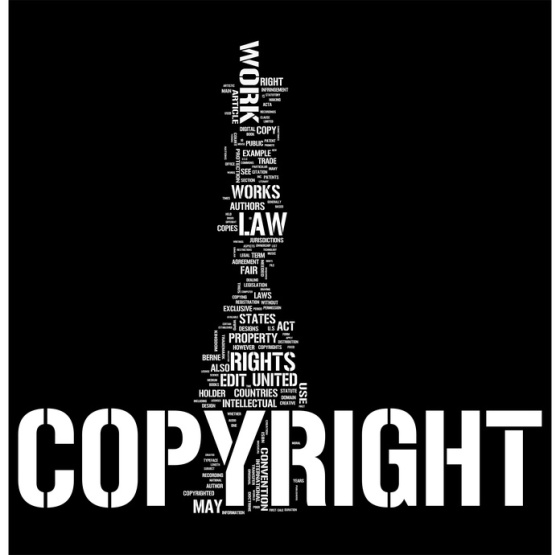How can online communities of “producer-consumers” literate in new media work toward building a robust and freely accessible cultural commons in the face of restrictive copyright laws?
The internet is an online world where people come together to be social, entertained or find out information. This new world facilitates the free market economy, but is the information on the internet really free? Kirby Furgeson’s video “Everything is a Remix” shows us that everything we view from movies, music and information has been copied. Therefore how can copyright laws be in place if all the information we view has been copied by someone else. We as producer-consumers are no worse than Paramount Pictures for copying their movies and putting them online for external users. If the content of their movies has been copied aren’t we all in the wrong for violating copyright laws. As implied from one of my classmates http://lexxy54.wordpress.com/2013/01/15/is-copying-really-bad/ “It has made copying much more effective in a way that you are just one to two clicks away from using someone else’s work as yours.” As this blog states it is easy to take other peoples work and call it your own.
You Tube has come up with rules and regulations to stay out of the legal eye. You Tube had been in violation of copyright laws; producers were posting information on the site without referencing and gaining the proper rights to upload music and movies. “The fact that clips on YouTube are limited to a duration of ten minutes adds a further complication. While long form programs such as television series can be uploaded in short segments, the upload constraint disrupts narrative continuity”(Rizzo). These new policies have created a friendly environment for online users to share and post media content.
When reading http://ak09dr.wordpress.com/?feed=rss2 blog they had a great opening sentence “the online database of information is mind boggling” is a very literal sentence. This made me realize the current issue we face with trying to build an online media system that is not restricted to copyright laws. It is nearly impossible for all content on the internet to be free from laws but it is also impossible for all the content online to be restricted from users. The problem with restrictions is that once one person is able to access the information they can make minor changes then upload that content and stream it live for all online users. This creates many issues for enforcing these laws. Due to the issue with enforcing the laws it allows for much of the online content to be free for all users.
Due to the fact that we are in a producer-consumer industry many individuals believe we need to put in place rules and regulations for copyright because millions of people everyday access the internet and use the information and upload new information. “According to 2007 statistics, only between 0.5 %– 1.5 % users of most popular social media sites (Flickr, YouTube, Wikipedia) contributed their own content” ( Manovich, 2008). These statistics show us that it is not common for users of the internet to contribute their own content. As consumers we demand more information from the corporate level but have no real interest in posting our own information because we are unaware of what will happen to this information. When reading http://christiansblog91.wordpress.com/feed blog they informed me that big corporate industries such as Face Book and Twitter take our personal information that we have posted and sell the content to marketing companies. The information they gather is helpful in targeting their target market. Many companies have used the information to better understand what the consumer wants which has now increased the idea of design your own product. “Scion marketing was centered on the idea of extensive customization. Nike, Adidas, and Puma all experimented with allowing the consumers to design and order their own shoes by choosing from a broad range of shoe parts” (Manovich, 2008). Manovich is stating that by being able to know what the consumer wants allows companies to better market their products directly to consumers. Allowing customers design their own products can cause copyright issues, what if two customers make the same shoe or if they copy a design from another website. All of our ideas are a remix of another product we use our imaginations to vary a product to state that can no longer be considered a copy.
Therefore from reading many articles, watching YouTube clips and reading blogs we can see that most of the content on the internet is a copy of someone else’s work. Since there are variations in the posted work people are able to call it their own, this is why most of the information online does not infringe on copyright laws.
Image one is from iplawforstartups.com
